The Teacher Academies aim at a holistic inclusivity in learning
TUTOR aims to create partnerships between teacher education and training providers to set up Teacher Academies developing a European and international outlook on teacher education.



Main objectives
Improve
Improve the teacher education policies and practices in Europe.
Define
Define a forward-looking strategy upskilling strategy for secondary school teachers.
Enhance
Enhance the European dimension and internationalization of teacher education through innovative and practical collaboration
Foster
Foster holistic inclusivity in the learning environment, covering all its aspects such as tolerance, non-discrimination, and flexibility
Assess
Assess current and future skill mismatches in the targeted profession.
Disseminate
Disseminate widely all project results & maintain them after project closure
Inclusivity Approach of the TUTOR project
Students from the LGBTQI+ community
Students with migrant/refugee background
Students facing socio-economic disadvantages
TUTOR looks at the aspects of the target groups from an Intersectional approach.

Target Group 1
Secondary Education Teachers,
coming from the 4 main implementing countries (Greece, Ireland, Austria, Turkey) looking to update their skills. TG1 consists of secondary education teachers whose skills on the issue of inclusivity for students experience discrimination because of their gender identity, sexual orientation, migrant or refugee background, and socio-economic status.
Target Groups
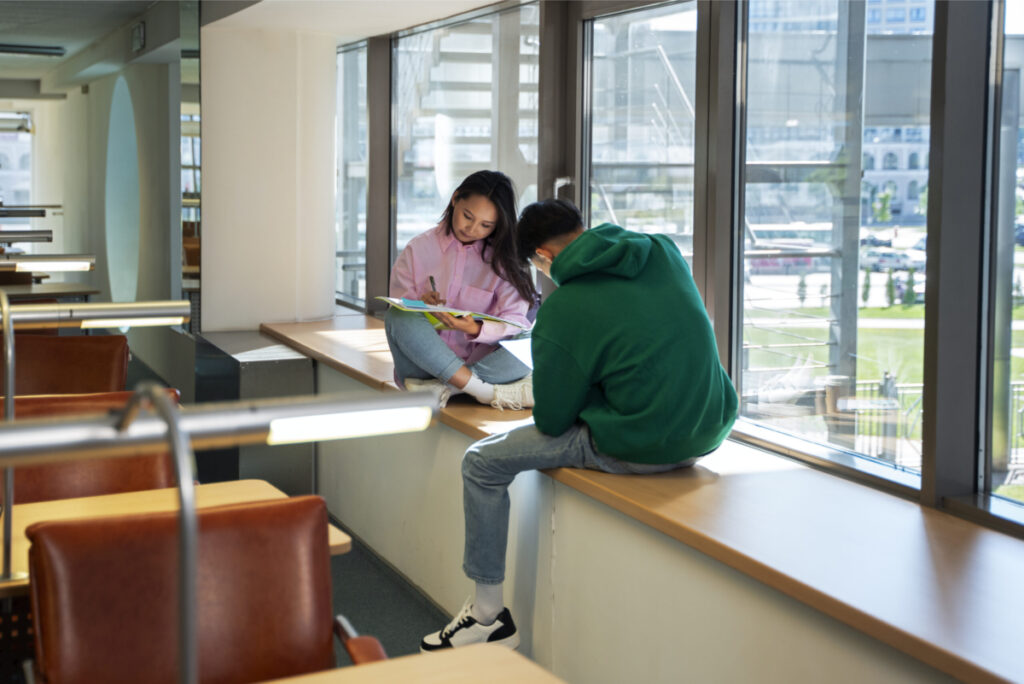
Target Group 2
Students from LGBTQI+ community, students with migrant/refugee background, and socio-economically disadvantaged students.
This target group consists of students experiencing discrimination because of their identification in one or more identities being considered as marginalized (LGBTQI+ student, student being identified in multiple marginalized categories).

Target Group 3
Policy Makers.
Policy makers working in Ministries, Local & Regional authorities, EU bodies, and other official stakeholders with the ability to influence policies, and wishing to make changes at an EU and national level towards the creation of more inclusive learning experiences.
Synopsis of the expected results
T
- Definition of a forward-looking Upskilling Strategy for teachers, delivering a comprehensive research exercise on teachers’ needs.
- Development of an innovative Joint Curriculum on Inclusivity and 3 Specialization Courses for secondary education teachers, delivering a Joint Curriculum on inclusivity and 3 Specialization courses aiming to upskill and/or reskill teachers.
- Pilot Delivery of Trainings, providing innovative methodologies of training in face-to-face, online and blended learning.
- Exploitation and Dissemination Activities, spreading the word of TUTOR in local, nation and EU level.
Main
Results
-
1. Desired Status Report in terms of inclusiveness in the school community
-
2. Existing Status Report in secondary education teachers in terms of inclusiveness
-
3. Training Needs' Analysis Report on upskilling of the secondary teaching workforce
-
4. One (1) Joint Curriculum for upskilling teachers in terms of promoting inclusiveness of students effectively
-
5. Three (3) specialization courses upskilling teachers in terms of fostering an inclusive environment while considering migrant students, LGBTQI+ students, and socioeconomically disadvantaged students
-
6. Trainer's Guide & Learner's Manual, Train the Trainers' Manual
-
7. Internationalization Box
-
8. Finalized TUTOR Joint Training Curriculum & Specialization Courses
-
9. Dissemination material
-
10. Events reports in National & EU level
-
11. Policy Recommendations
TUTOR Project in Numbers
News & Events
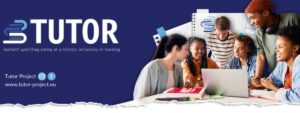
TUTOR Project’s Final Newsletter
As the TUTOR project reaches its final stage, we are proud to share the last edition of our newsletter — a reflection of more than
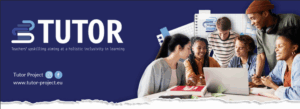
PRESS RELEASE: TUTOR Final Conference Marks Milestone in Advancing Inclusive Education in Europe
The TUTOR Final Conference, held on 21 November 2025 at the EVBB VET House in Brussels, brought together over 100 participants from across Europe, both

PRESS RELEASE: TUTOR Final Conference: Advancing Inclusive Education Across Europe
On 21 November 2025, the TUTOR project will host its Final Conference at the EVBB VET House in Brussels, marking the conclusion of three years

Co-funded by the European Union. Views and opinions expressed are however those of the author(s) only and do not necessarily reflect those of the European Union or EACEA. Neither the European Union nor the granting authority can be held responsible for them.

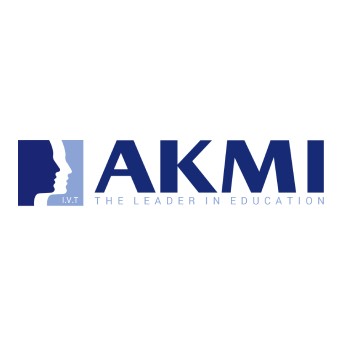
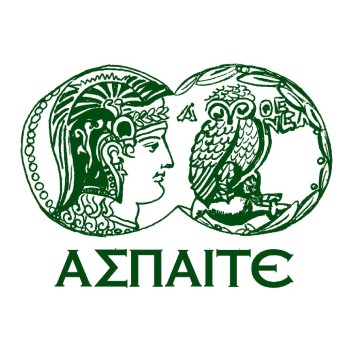
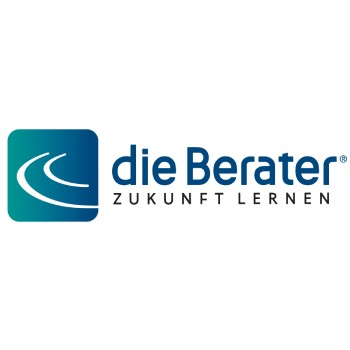
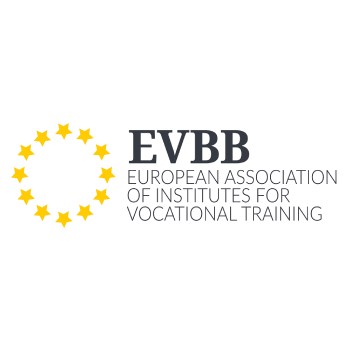
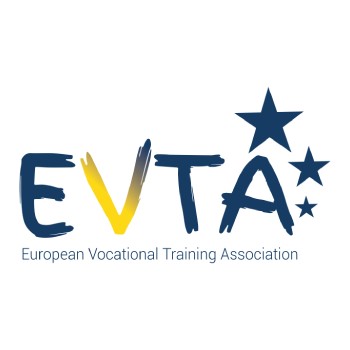
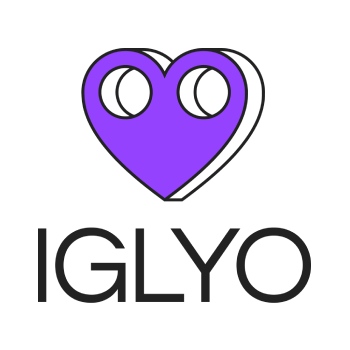
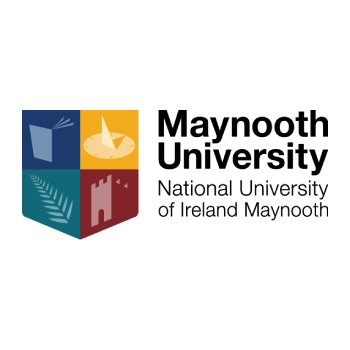
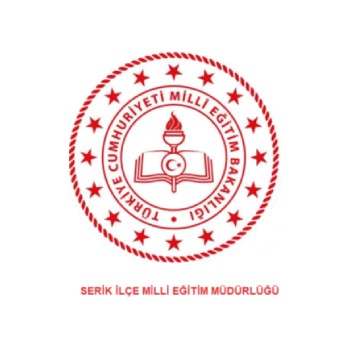

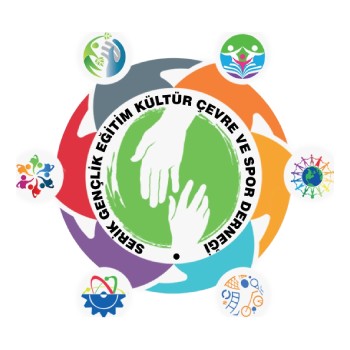
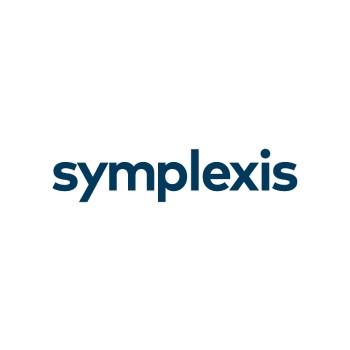
Follow us on Social Media